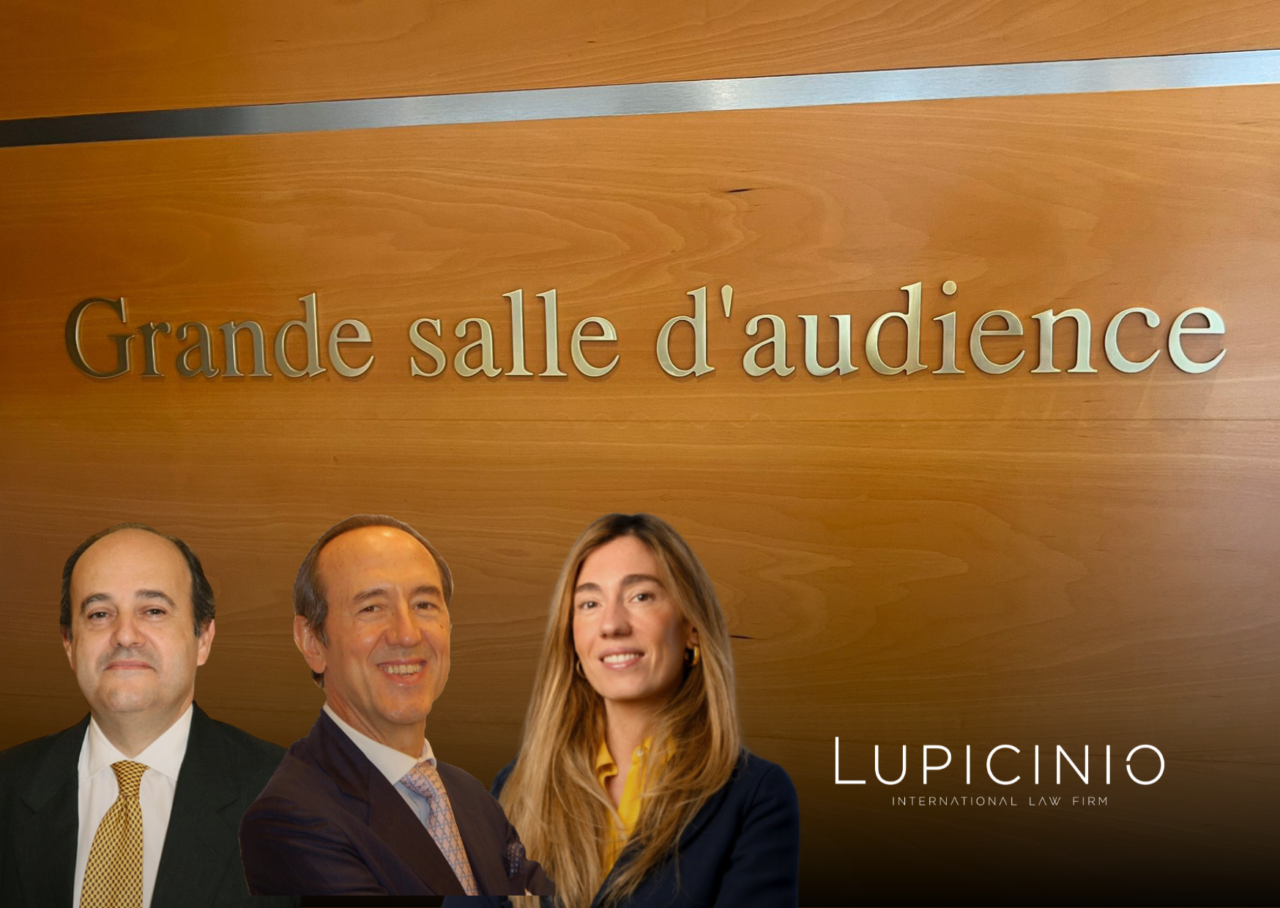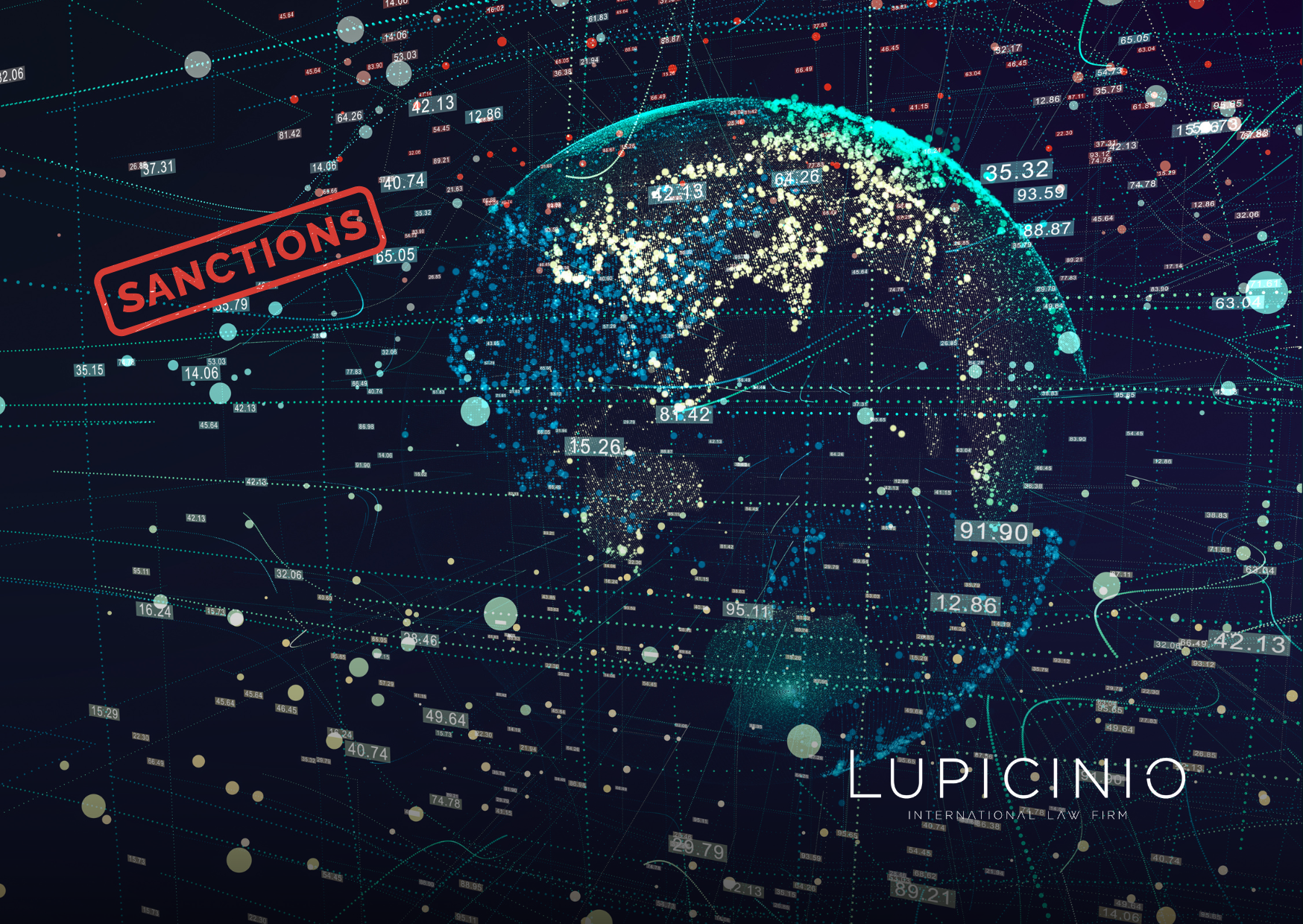On this day, I wish to express my congratulations to the legal team led by José Luis Iriarte and Fátima Rodríguez for their outstanding work in defending my appeal before the Grand Chamber of the General Court of the European Union.
In April 2023, in my personal capacity, as Lupicinio Rodríguez, Managing Partner of Lupicinio International Law Firm (LILF), I joined the appeal brought by the French civil law association ACE AVOCATS ENSEMBLE against regulatory acts of the Council of the European Union, namely the annulment of relevant sections of Article 5 of Regulation (EU) 833/2014 of 31 July 2014. This Regulation prohibits the provision of legal advice to Russian legal entities in non-contentious matters.
Also involved in this litigation were the Bars of Geneva, Paris, Brussels and the Bundesrechtsanwaltskammer (“German Federal Chamber of Lawyers”), as well as the EU Commission, the High Representative of the Union for Foreign Affairs and Security Policy, and the Republic of Estonia in support of the Council’s defence.
The significant presence of multiple interveners and fifteen judges in the Grand Chamber underlines the crucial importance of the dispute and the interests at stake.
During the extensive 10-hour hearing, a thorough analysis was conducted on the fundamental aspects – prerogatives, obligations, limits and rights – of the legal profession and its relationship with public authorities, domestic and international public policy, as well as with European and national regulators.
The debate addressed issues such as confidentiality, lawyer-client privilege, the right of defence for both lawyers and litigants, the indivisible duality in the practice of legal advice and defence, non-core activities (e.g. lobbying). The scope of Article 47 of the Charter of Fundamental Rights of the European Union was also discussed, as well as the applicability of Article 15 of the aforementioned body of law, which, by the way, was only invoked by my defence and was widely discussed in the courtroom. Furthermore, the prohibition of legal services was discussed as a form of universal sanction that goes beyond “smart” and “targeted” sanctions.
It is relevant to note that the defence presented by the High Representative emphasised with persuasive force the lack of accreditation of a material interest on the part of the plaintiffs and questioned whether the presence of prestigious professional associations as plaintiffs adequately compensated for this shortcoming. At this point it is crucial to highlight – with special recognition to the procedural skill demonstrated by my defence – that the presentation of written evidence supporting my material interest could have been decisive in overcoming that obstacle which, due to the procedural tactics skilfully employed by the aforementioned jurist, could have weakened the argumentative arsenal of the plaintiff side.
From our perspective, the contested EU Council Regulation represents an unprecedented violation of the freedom of legal professionals and contravenes various articles of both the Charter of Fundamental Rights of the European Union (specifically Articles 15 and 47) and the European Convention on Human Rights (Article 6.1), as well as numerous judgments issued by the General Court of the European Union. This measure also violates the right of Russian companies and entities in their relations with public administrations and other companies to receive advisory or transactional legal advice. The denial to a WTO member – subject to a multitude of trade regulations – of the right to legal assistance constitutes a flagrant transgression of established legal norms.
Moreover, this restriction breaches the fundamental right of lawyers to provide essential legal advice. In this regard, we maintain an ambitious position that the Council should not restrict in any way the right of European legal professionals to provide legal advice to all Russian entities, whether subject to sanctions or not.
The arguments presented included a novel approach that I have endorsed in recent months. I refer to Article 6.3 of the Treaty on the Functioning of the European Union (TFEU). This article could help clarify the still ambiguous implications of the expropriation of frozen public funds, the post-mortem continuation of the freezing regime, and the correct interpretation of the right to property of those sanctioned in relation to trusts – pending a controversial preliminary ruling by Italian judges -. All these issues could be effectively resolved through an application of Article 6.3 TFEU.
It would be necessary to develop an argumentative (an inductive one) structure on the basis of Article 63 of the TFEU. It would imply starting from the reasoning of the European Commission’s lawyers in the sense of protection. An ambitious approach to the Article 6.3 of the TFEU with the involvement of constitutional and administrative lawyers from all over the European Union could give a Copernican turn to European sanctions.







